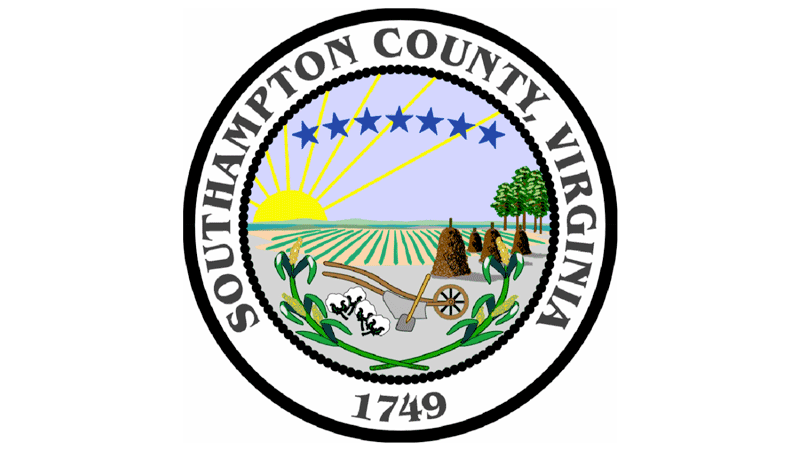Students raise suicide awareness
Published 7:21 am Saturday, July 18, 2009
FRANKLIN—For a recent assignment, Colleen Flick told her nursing students to go out and investigate the community’s suicide-prevention efforts. The students came back shocked.
“They expected to walk into, say, the health department and see signs about depression or suicide prevention, but they didn’t,” said Flick, who teaches nursing at Paul D. Camp Community College. “The more they searched, the more they found that the information was confusing and not out there.”
Students went to government offices, hospitals, post offices, schools, libraries and other community establishments and asked staff members about their suicide-prevention plans. Students asked about the suicide hotline number and whether each establishment had a suicide-prevention plan in place.
“Many of the sources were unable to produce any suicide-prevention number, while others referred students to the Western Tidewater Community Services Board,” Flick said.
After realizing that the resources were not readily available in the community, the students enthusiastically started working to get more information out to the community.
Students called suicide hotlines and asked questions.
They found free suicide-prevention resources and made posters with suicide-prevention information and placed them throughout the community.
Flick even spoke with officials at Southampton Memorial Hospital about getting the National Suicide Prevention Lifeline telephone number on the hospital’s telephone answering service.
“Suicide is no respecter of persons,” Flick said. “It touches everyone one way or another.”
Flick and her students recommend that anyone having suicidal thoughts call the National Suicide Prevention Lifeline at 1-800-273-TALK.
“The more we can get that number out, the better,” she said. “This is preventable.”





